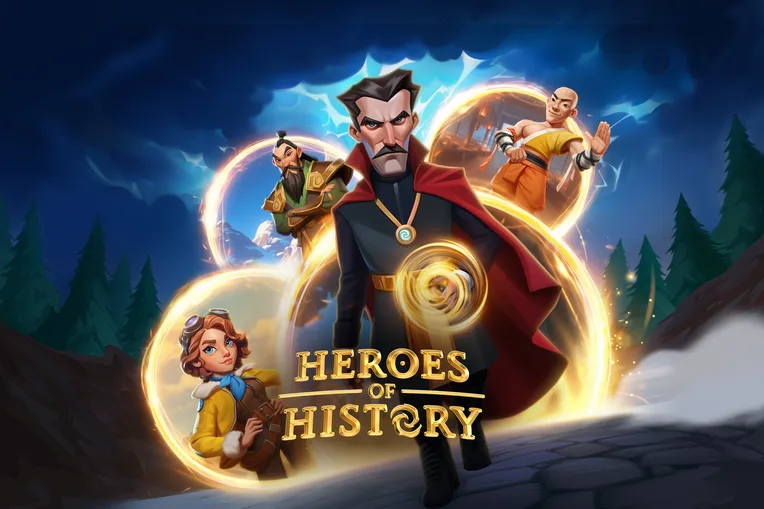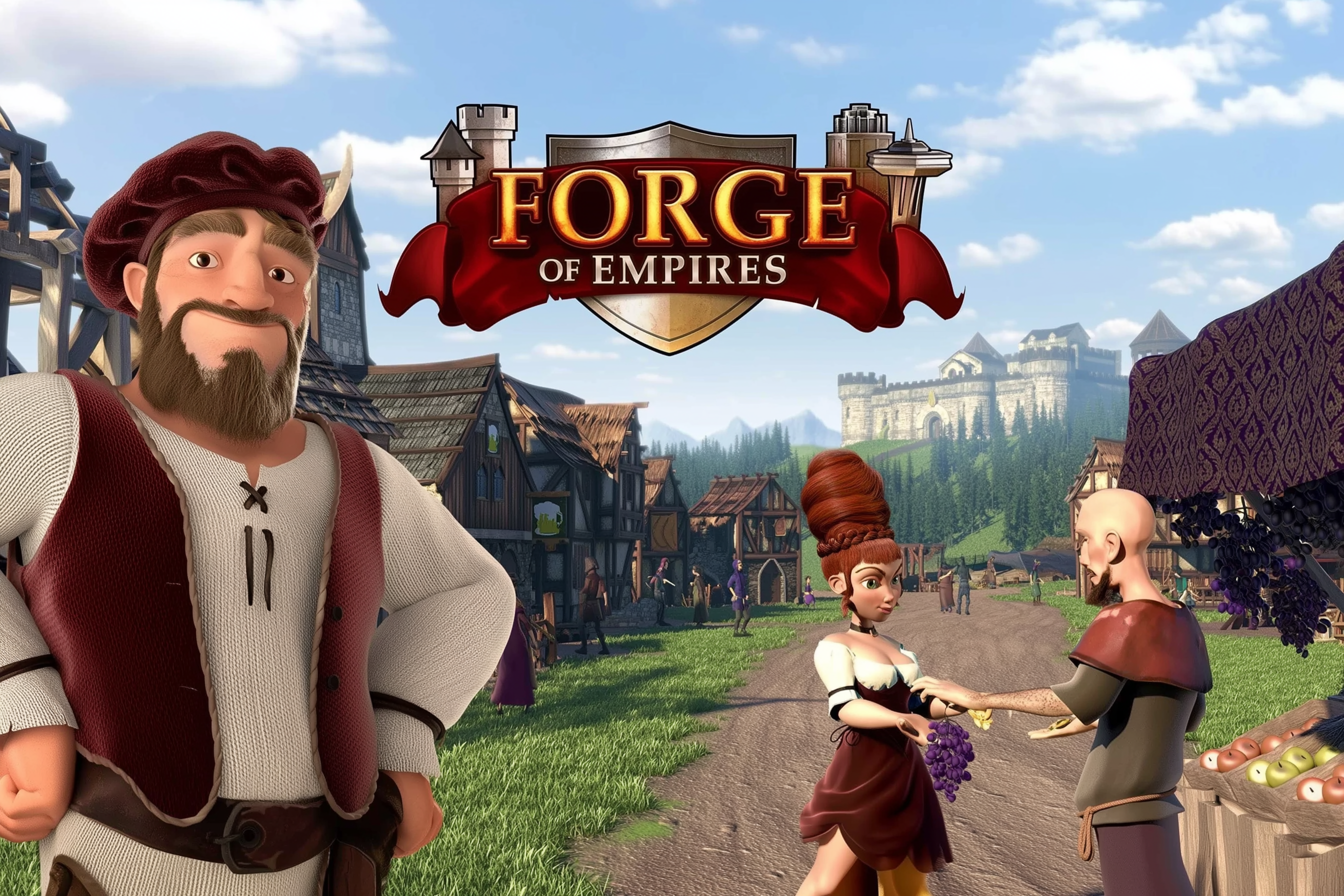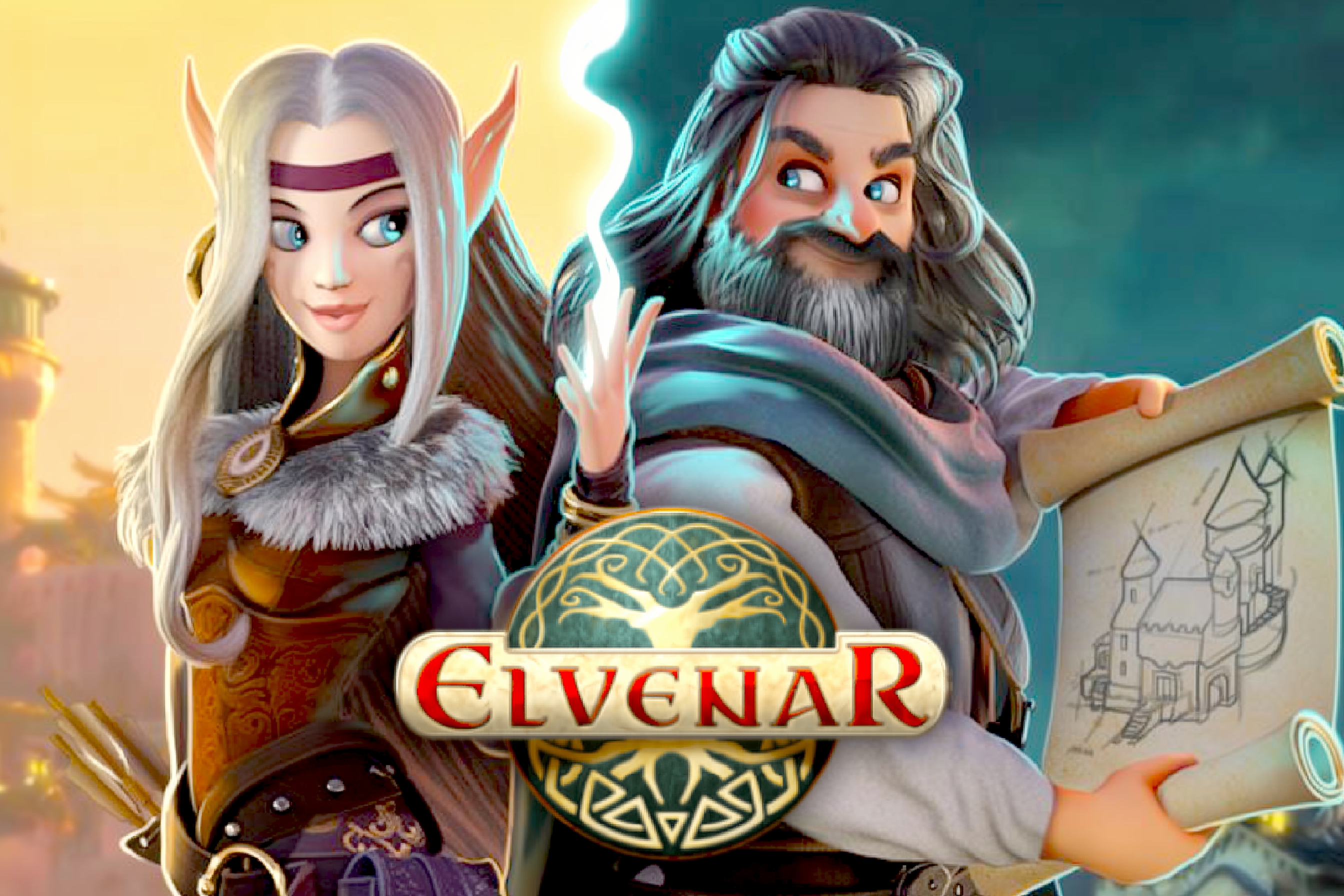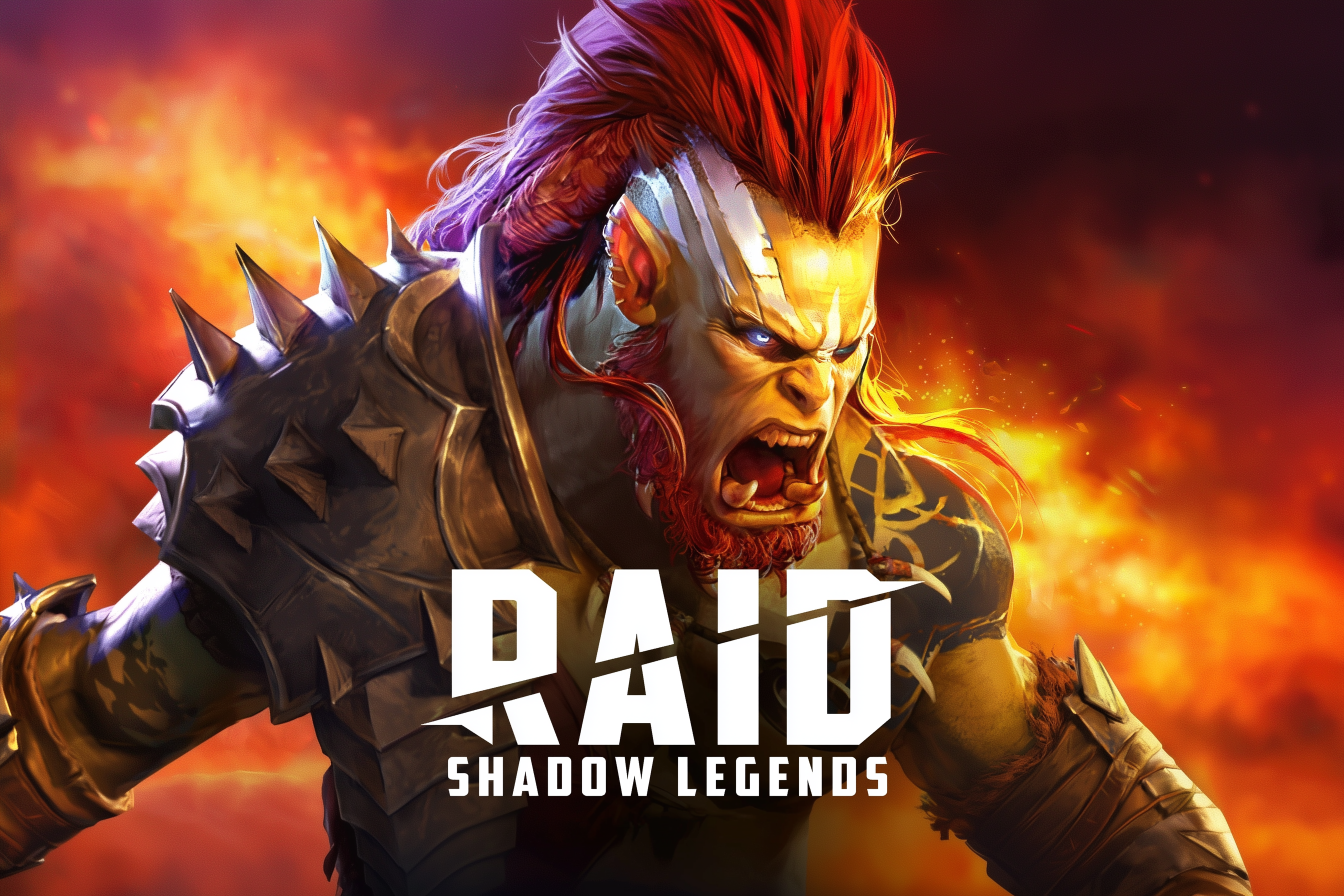Heroes of History Review: A Civilization Sim with Swagger
Time-traveling taxes, fantasy farming, and city-building shenanigans: you can actually have it all.
My First Pyramid Was Crooked but Glorious
It started with a sandpit and a few dusty workers blinking in the sun. That's how my journey kicked off in Heroes of History. Ancient Egypt. Warm. A little windy. Full of potential. The tutorial gave me nothing but a vague promise: build a civilization and, sure, make history. No pressure.
Ten minutes in, I had a grain farm, a barracks, and a marketplace that looked suspiciously like a lemonade stand. Still worked. Resources trickled in. Villagers hustled around with their clay pots and torches like they had somewhere important to be. Every tap gave me crops, coins, stone: the building blocks of empire.
The early pacing? Sharp. I had goals. I had gods. I was ready to slap "pharaoh" on my resume.
The Age of Tap and Pray
Once the city got rolling, I started poking around the hero system. No lie, this part caught me off guard. Heroes of History doesn't throw you random NPCs with names like Swordy McStrong. You get Cleopatra. Julius Caesar. Leonidas. Actual icons, each with their own stats, quirks, and just the right amount of ego.
Recruiting them feels like its own weird little game. You gather scrolls, unlock shards, level them up, slap on gear, and toss them into tactical fights. Some are tanks. Some nuke the field. Some mostly yell and hope for the best.
My dream team? Cleopatra (obviously), Guan Yu (solid facial hair), and Hercules (with a club roughly the size of a Honda Civic). We hit our first enemy camp swinging.
Combat isn't rocket science, but you do need to pay attention. Placement matters. Timing abilities matters. And sometimes you just hold your breath and hope the AI doesn't start chewing on a wall. It feels tactical, even if you're mostly a bystander.
Rise of the Grind
By Era Four, Ancient Greece, I was riding high. My city had temples, real walls, and a dock. I was fog-clearing like a pro and hoarding gold like an eccentric uncle.
Then the brakes slammed. Hard.
Not a slowdown. More like moving through a kiddie pool full of glue while wearing wool socks.
Buildings suddenly wanted marble. And copper. And glass. To get those, I needed buildings I hadn't unlocked. Unlocking them meant exploring. That meant scouts. Scouts needed victories. Victories needed heroes. Heroes needed gear. Gear needed rare mats I'd never seen before. It spiraled fast.
Yep, welcome to midgame.
Now every action came with a hidden checklist. Upgrade your temple? Sure, if you've got twenty copper bars, three scrolls, and a hero who recently took a spiritual bath in yak milk. (No clue what the actual requirement was, but it felt like that.)
The grind didn't sneak in. It strolled up in a gold-trimmed robe and demanded tribute.
Cleopatra Is Carrying This Entire Civilization
I tried to tough it out. No spending. Just pure, stubborn energy. I'd log in, set the builders loose, queue up a few things, maybe poke the fog, then peace out before the irritation kicked in.
Thank the gods for alliances. You can join one, toss around buffs, share resources, fight in wars, and make the endless timers feel slightly more like a group project.
Cleopatra? Now level twenty and holding a staff that screamed "limited-time cosmetic." She solo-carried battles with splash damage and passive heals like she had something to prove. Leonidas? Paper towel. Hercules? Built like a tank, moved like a tortoise. Turns out, if you don't go all in on a few top-tier heroes, the rest are mostly decorative.
Event quests helped. Kind of. Daily side missions with loot, if you were willing to complete challenges like "Win three fights with only ranged units" or "Harvest 200 vegetables while singing ancient hymns." (Okay, made that one up, but it's not far off.)
Fun-ish. But also screaming please spend money. You can clear them free. You'll just need a spreadsheet, three timers, and the mental resilience of a monk.
City Building with a Side of Existential Dread
Let's talk about your little empire. It looks great. Every new era adds flavor. Egyptian towers, Roman columns, medieval stalls. Buildings grow. Streets fill up. It all feels alive.
Managing it, though? Oof.
Some buildings are just eye candy. Some produce stuff. Some unlock research. And then some only work if you assign a hero, who, let's be honest, is probably off on a war bender.
I once spent ten minutes raging at a copper mine that wouldn't cough up anything. Thought it was bugged. Nope. Needed a hero to run it. The game never mentioned that. It just watched me spiral while the villagers lounged around like extras in a tourism ad.
Eventually, the layout becomes its own boss fight. Space runs out. Fog blocks your vision. You stare at your map, torn between a farm, a barracks, or just sobbing into your silo. At some point, it's not about strategy: it's about surviving the spreadsheet.
When History Feels Like Homework
Somewhere around Era Six, I hit that mental pothole. You know the one. You log in. Do your clicks. Collect your shinies. Start some upgrades. Stare at the screen. Wonder what you're doing.
Was I bored? Not exactly. But I wasn't enjoying myself either. Just... going through the motions.
That's the trap. Heroes of History looks slick. Sounds great. Animations pop. Music's chill. It builds this comfy rhythm, until the wall hits. And then it's just chores dressed up in a toga.
You can find fun here. Especially in the beginning. You'll build. You'll battle. You'll feel like some pixel Caesar with a mouse. But once that shine fades, all that's left is a giant to-do list with fancy borders.
Final Thoughts Before the Next Era
Would I recommend Heroes of History? Sure. But be honest about your tolerance for grind.
If you're into city builders with a twist of tactical flavor, you'll have a good time, at least for a while. The historical vibe's fun. The hero system has teeth. The early momentum feels solid. And yep, you can play without spending a dime.
Just... expect friction. If the idea of timers and energy systems makes your eyelid twitch, maybe watch a playthrough instead.
There's a good game here. Sometimes even a great one. But you'll need either patience, a wallet, or both.
Cleopatra's still with me. That counts for something.






